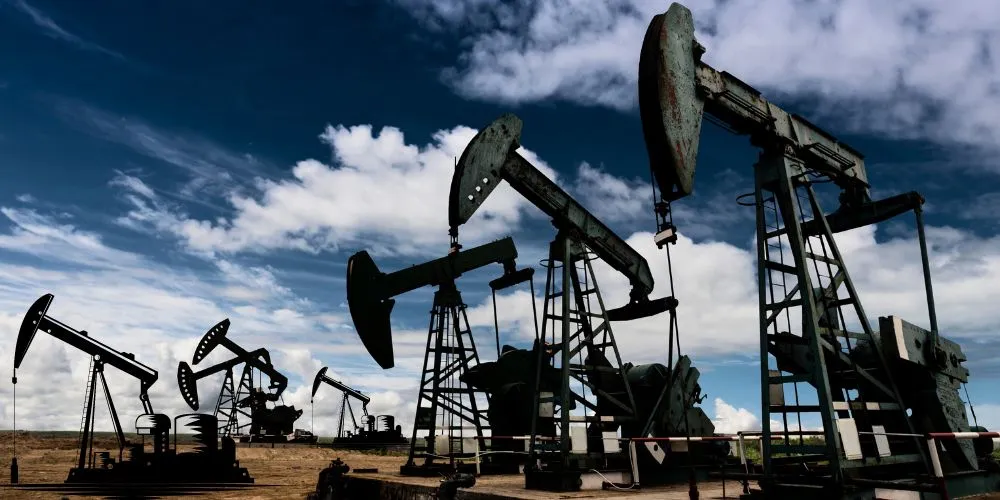Key Points
- BP, Shell, and Equinor are scaling back renewable energy ambitions to focus on fossil fuel investments.
- Rising costs and technical challenges have affected renewable energy project returns, particularly offshore wind.
- BP has reduced its hydrogen team, raising concerns about its ability to expand oil and gas production.
- France’s TotalEnergies remains committed to renewable energy, surpassing its peers in capacity growth.
In a significant strategic shift, BP, Shell, and Equinor are scaling back their earlier commitments to renewable energy projects and doubling down on fossil fuels to address profitability challenges and investor concerns. This pivot marks a departure from ambitious energy transition strategies announced earlier in the decade.
Under CEO Murray Auchincloss, BP is investing billions into new oil and gas developments, including ventures in the U.S. Gulf Coast and the Middle East. The company has slowed its low-carbon initiatives, halting 18 early-stage hydrogen projects and planning to sell off wind and solar operations. Reports suggest BP’s hydrogen team in London has been reduced by over half, sparking questions about its capability to ramp up oil and gas output after years of workforce cuts in its upstream division.
Shell, under CEO Wael Sawan, has similarly restructured its priorities. The company has scaled back operations in floating offshore wind and hydrogen, retreated from power markets in Europe and China, and weakened its 2030 carbon reduction targets. Shell is reportedly seeking buyers for Select Carbon, an Australian carbon-offset business, and has sold refineries as part of its realignment strategy.
Equinor, Europe’s largest natural gas supplier, is also reviewing its low-carbon operations. The company has scrapped several early-stage projects, focusing on advanced offshore wind developments. Equinor emphasizes adapting to market conditions to remain competitive.
The shift comes as renewable energy projects, particularly offshore wind, face declining profitability due to rising costs, supply chain disruptions, and technical issues. The energy shock caused by Russia’s invasion of Ukraine has also driven the need for reliable fossil fuel supplies.
Despite the pivot, these companies are not entirely abandoning low-carbon investments. They continue to develop biofuels and hydrogen projects, focusing primarily on lowering the carbon footprint of refining operations. France’s TotalEnergies remains an outlier, maintaining strong investments in low-carbon energy and outpacing competitors in renewable capacity.
These strategic realignments occur amidst warnings from the International Energy Agency that global oil demand will peak by the decade’s end, and the world risks missing critical climate targets. Analysts note that while focusing on immediate returns, European oil giants face uncertainty about long-term fossil fuel demand and challenges in balancing shareholder expectations with climate goals.




